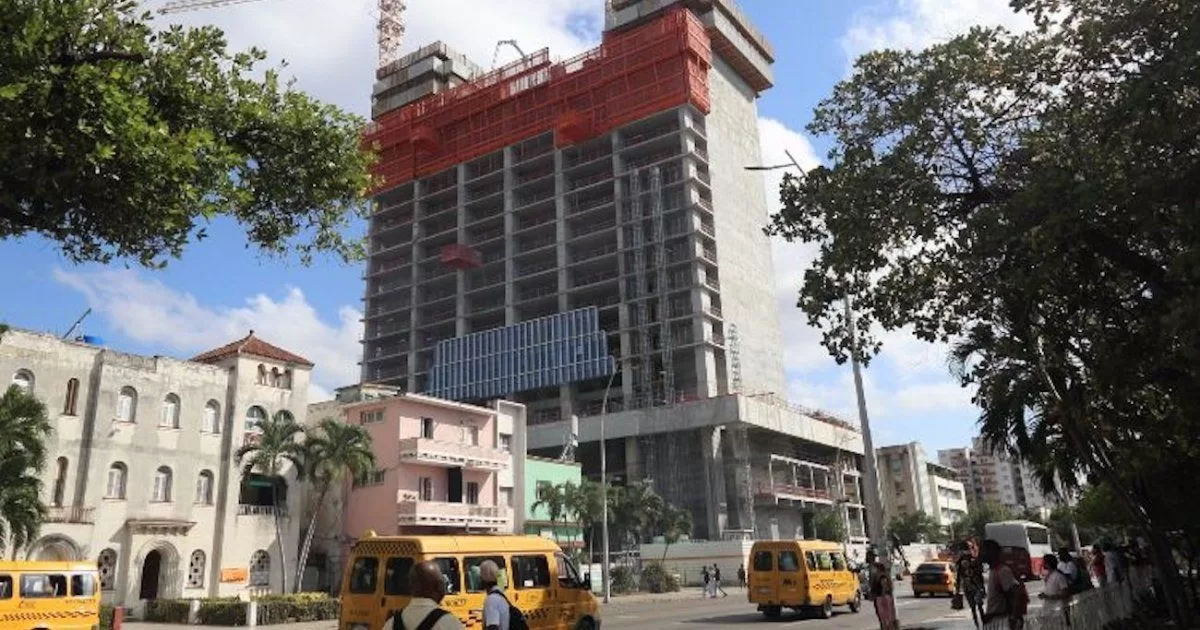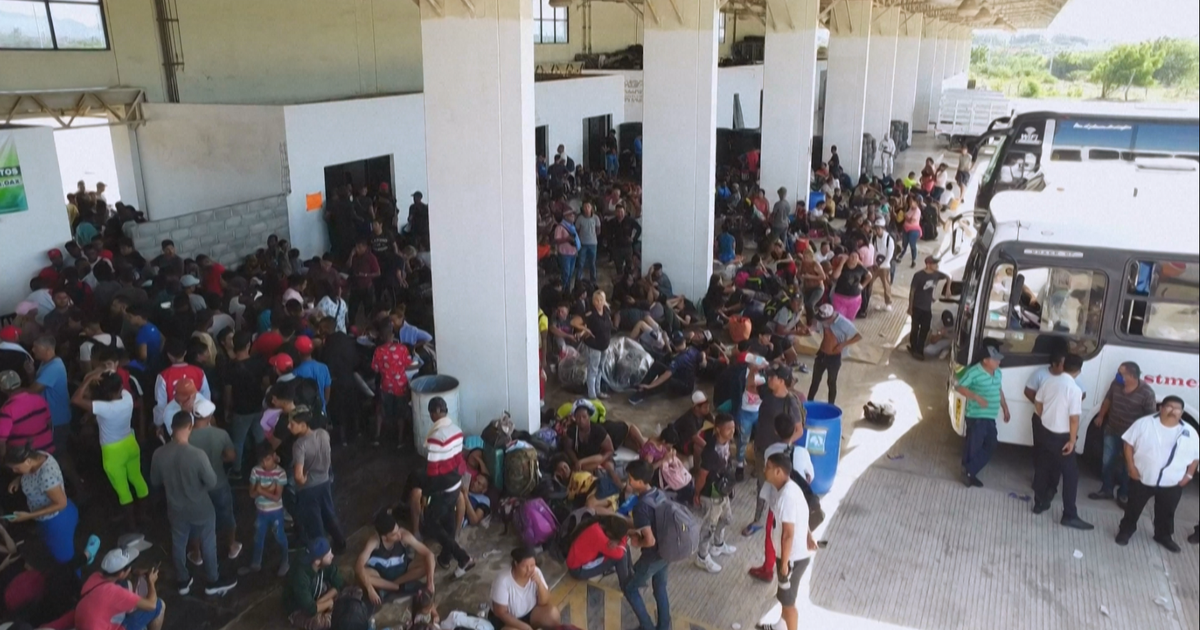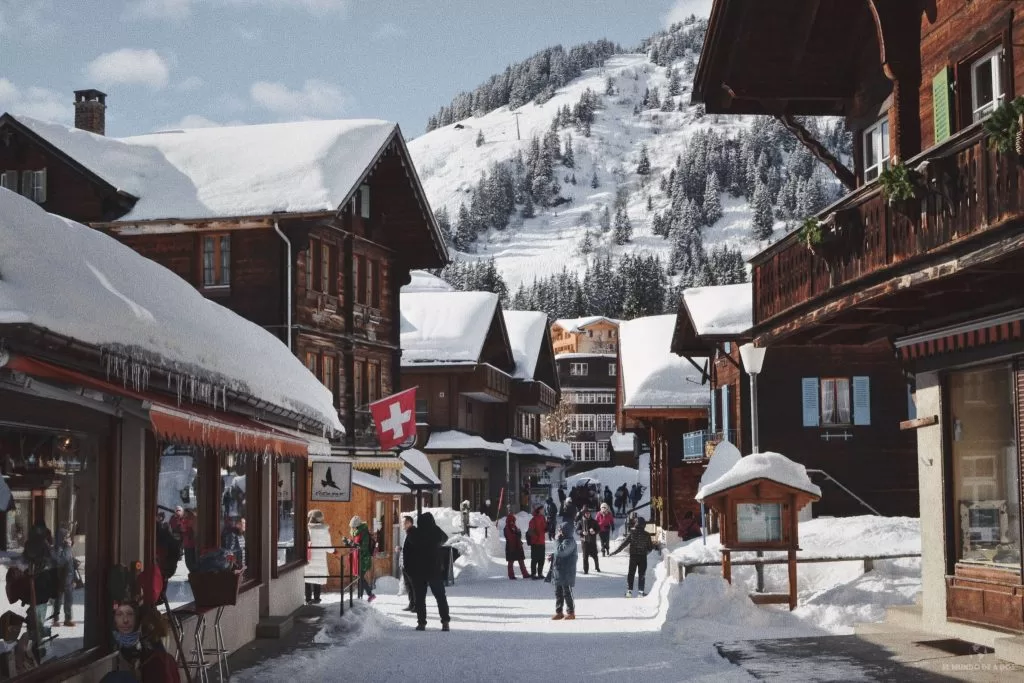While the bureaucrats of the Ministry of Internal Trade They have to wait for a donation of rice from Vietnam or the arrival at the port of Mariel of a ship loaded with chicken purchased in the United States and to be able to distribute it through the ration book, the GAESA chiefs are outside the Comptroller General of the Republic and the state budget, have millions of dollars allocated to the construction of luxury hotels and are only accountable to the family of Raul Castro.
Starting in 1991, with the commitment to international tourism and especially after 1993, with the legalization of the US dollar, Cuba became a country with different treatments, currencies and services. In businesses controlled by the military sector, customers are called Mr. and Mrs., there are no murals with loud political slogans, and billing is exclusively in foreign currency.
In these islands of capitalism, foreign managers and local technocrats with business administration graduates from Western universities who wear designer clothes and use Apple computers are hired. Employees beg a liter of gasoline from their bosses, do not turn off the air conditioners during working hours and have power plants in case of blackouts.
In what little remains of Fidelista Cuba, the archaic narrative of Socialism or Death is maintained, there is talk of social justice, while the number of beggars in the streets grows and people who eat hot food once a day are asked for more sacrifices. and that it has ‘creative resistance’.
In Songo la Maya, municipality of Santiago de Cuba, or in Baracoa, in the province of Guantánamo, blackouts last eight to ten hours a day, women, lacking sanitary pads, use old recycled rags and drinking water is a luxury.
In socialist Cuba, schools, hospitals and other public infrastructure are a disaster. The island is falling apart. One dollar is priced at 300 pesos and the minimum wage of 2,100 pesos, equivalent to 7 dollars in the informal market, is not enough to buy a carton of eggs, which right now is costing 2,700 pesos. Workers and retirees are the worst off in the supposed paradise of workers and peasants.
Ángel, a former combatant in the Angolan civil war and once a fervent revolutionary, at 81 years old, awaits death in a dilapidated nursing home, asking for money and loose cigarettes from people passing by on the street. “I participated in seven harvests and was in Angola twice. I do not deserve to earn a pension of 1,900 pesos and live in hunger and need in a state asylum,” he confesses.
But the regime in Havana does not listen to the requests of millions of elderly people who, day in and day out,, they demand pensions in line with the brutal inflation that the country suffers. That Marxist Cuba of order and command, where Fidel Castro is venerated as if he were a saint, garbage piles up on the corners and public transportation is chaos, coexists without interference with the luxury hotels that the olive green dictatorship builds in any space in the capital.
Every morning, at crowded urban bus stops or inside old collective taxis, people complain about the regime. This is the case of Suely, a graduate in literature, a maid in a hotel in the colonial area of the city. “I earn 3,400 pesos a month that can reach 4 thousand pesos if they pay me stimulation. GAESA – owner of the majority of hotels in Cuba – treats its workers like slaves. If you complain or speak badly about the government, they throw you out. “We have no rights to anything.” Why don’t you leave it? I ask him. “It’s the only way to get some food and earn some money from tourists’ tips,” Suely responds.
The taxi driver participates in the conversation and says that he has a degree in industrial engineering. Five years ago he left the profession and for about twelve hours a day, he drives his father’s old Soviet-era Lada. “The old man was a communist through and through. But for some time now he has been turning against the system. When the news starts, he turns off the television, he thinks he may have a heart attack because of the amount of lies they tell. With what I earn from ‘bottling’, ten times more than my salary of 6 thousand pesos, I support my family and my parents.”
In April 1961, Fidel Castro promised a revolution of the humble, by the humble and for the humble. Sixty-three years later, the poor are getting poorer in Cuba. On the other sidewalk, between the rubble of the landslides and the repulsive smell of the sewage, one glimpses the crony capitalism designed by the GAESA gurus with the consent of the mayorals who run the Castro estate.
Modern cars imported from the United States by Katapulk, a company owned by Cuban-American Hugo Cancio, circulate in Havana. There are gyms with spas and personal instructors that cost a thousand dollars a month. Ice cream parlors, bars and restaurants privately owned by front men who lend their names to cover up that of the real owners, whether their surnames are Castro, Ventura, Valdés or Frías.
A former worker at Supermarket 23, an e-commerce store that sells food and other goods to Cuban emigrants, assures that “the business, like Flora y Fauna and other ‘bisnes’ spread throughout the country, are owned by Commander Guillermo García Frías. , a guy who is functionally illiterate. But since he fought in the Sierra Maestra with Fidel, he can do practically whatever he wants. He is already 96 years old, he is supposed to be retired, but he has more power than any minister.”
A former Cimex official affirms that “the establishment in Cuba has been reshaping itself for three decades. At the beginning of the 1990s, with the pretext of knowing the real expenses in tourism, which Raúl suspected were inflated, he asked his brother to open a company, which they called Gaviota, and would be in charge of managing a tourism sector. . Then Gaviota merged with military companies and other businesses run by the brothers Senén and Julio Casas Regueiro, the two generals, and that is when GAESA emerged.”
According to the former official, GAESA is currently the third hotel company in Latin America by number of rooms behind the American companies Marriott and Hilton. GAESA controls 80 percent of the foreign currency that enters the country. It owns banks, oil tankers, a fleet of airplanes and the only national telecommunications company: ETECSA. It does not account for its billings to Díaz-Canel, the Comptroller’s Office or the National Assembly of People’s Power. Only Raúl Castro. It is a shadow government.”
GAESA’s business scheme is simple. Until 2020, they managed remittances from Cubans in the diaspora, which they then reinvested in the construction of hotels for tourism and rental apartments to foreigners.
Between two and three and a half billion dollars were received annually through family remittances and also thanks to a chain of stores, gas stations and gastronomic services focused on capturing dollars from the ‘worms’, as Fidel Castro called the resident Cuban exiles. in United States. Although GAESA’s star business was the dispossession of Cuban doctors and professionals who worked in missions abroad, keeping 70 and 90 percent of the salaries in foreign currency they were paid.
This theft allowed him to invest more than 20 billion dollars in the last fifteen years in the construction of hotels and tourist centers. GAESA is the hidden rooster of the long-standing Caribbean dictatorship. The current rulers are figureheads, sacrificial like pawns in a chess game. In the sewers of power it is known that the economic and political model in Cuba is not sustainable.
They are buying time, trying to ensure that the landing of a Russian-style capitalism, with military or communist party oligarchs converted into multimillionaire businessmen, is not convulsive. Castroism is spending its last cartridges.
In four to five years the GAESA technocrats will appear with a new version of the ‘save the country’ speech. They probably wait for the death of Raúl Castro. They will try to sell a false democracy. Perhaps they will negotiate with Washington on a market economy and American investments in exchange for citizen tranquility, combating drug trafficking and immigration.
Maybe they’ll bet on a Cuban-style Bukele. Propaganda will be put aside and political pragmatism will predominate. Marxism – they already tried to eradicate it as an ideology in the formation of the last Constitution – will gradually disappear and the main strategy will be to seduce Cuban-American businessmen based in Florida. The ideal future for GAESA is a symbiosis of the worst of capitalism with the citizen control learned in Soviet manuals. That is the Cuba they want.



